Common Causes of Clogged Drains
November 10, 2023
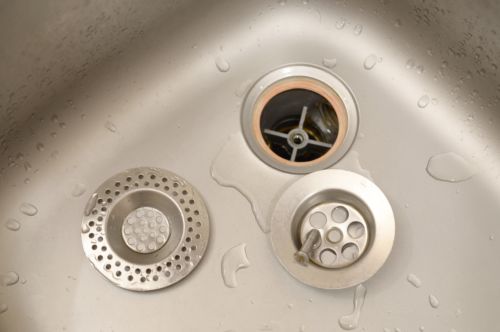
Clogged drains are a common household nuisance that can disrupt our daily lives. Whether it's a slow-draining sink in the kitchen, a backed-up shower, or a toilet that just won't flush properly, dealing with clogs can be frustrating and messy.
But what exactly causes these drains to clog up in the first place? In this blog, we will explore some of the most common causes of clogged drains and provide tips on how to prevent them.
- Common causes of clogged drains
- How to prevent clogged drains
- Benefits of preventative maintenance
Say goodbye to clogged drains. Call Patrick Riley | Isley’s today!
Clogged drains are no match for the drain specialists at Patrick Riley | Isley’s. Schedule a drain cleaning today and enjoy prompt, professional service. We offer a 100% satisfaction guarantee, so if we can’t get your drain cleaned, we’ll be back to get it right at no cost to you!
Common Causes of Clogged Drains
Understanding the common causes of drain clogs and taking preventive measures can help you maintain clear, flowing drains. Let’s take a look at the top culprits of clogged drains.
Hair
Hair is a significant culprit when it comes to clogged drains. In the bathroom, strands of hair can accumulate over time, especially in the shower or sink. When combined with soap scum and other debris, it creates a sticky mass that blocks water flow. To prevent this, consider using a drain cover or screen to catch hair before it goes down the drain.
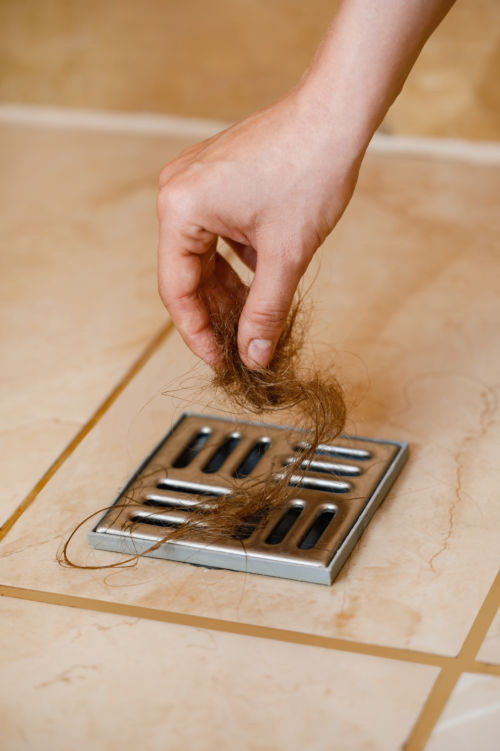
Soap Scum
Soap is a necessary part of our daily hygiene routine, but it can contribute to drain clogs. Soap scum can build up over time, coating the pipes and trapping other debris, like hair and food particles. Opt for soap that is labeled "low residue" or "soap scum-free," and use less of it to reduce the buildup in your pipes.
Food Waste
In the kitchen, food scraps are a common cause of clogged drains. While it might seem convenient to wash food debris down the sink, it can lead to blockages over time. Use a sink strainer or dispose of food scraps in the trash or compost instead.
Grease and Cooking Oils
Pouring grease and cooking oils down the kitchen sink is a recipe for disaster. When these substances cool and solidify in the pipes, they can create stubborn clogs. Instead, collect grease and oil in a container and dispose of it properly.
Toilet Paper
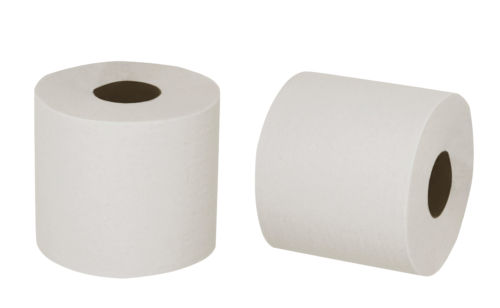
Although toilet paper is designed to break down in water, excessive use or flushing large amounts at once can lead to toilet clogs. To avoid this, use toilet paper in moderation and avoid flushing non-biodegradable items like wet wipes or feminine hygiene products.
Foreign Objects
It's not uncommon for small objects to find their way into drains, especially in households with children. Toys, jewelry, and other foreign items can easily block pipes. To prevent this, keep small objects out of reach of drains and consider childproofing your bathroom and kitchen.
Mineral Buildup
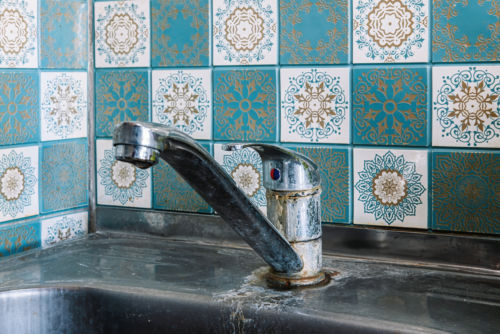
Hard water, which is water that contains high levels of minerals like calcium and magnesium, can lead to mineral buildup in pipes. Over time, this buildup can constrict the flow of water. Installing a water softener can help prevent mineral buildup in your plumbing system.
Tree Roots
If you have trees and shrubs near your sewer lines, their roots can infiltrate the pipes in search of water. This can lead to serious blockages and even pipe damage. Regular maintenance, such as root cutting or pipe replacement, may be necessary to prevent this issue.
Aging Pipes
Over time, pipes can corrode, deteriorate, or develop small cracks. This can lead to clogs, as well as leaks. If you live in an older home with aging pipes, consider regular inspections and, if needed, pipe replacement to prevent clogs and costly repairs.
Lack of Drain Maintenance
Neglecting regular drain maintenance can be a significant factor in clogs. Many people only address clogs when they become a problem, but taking a proactive approach can prevent clogs from occurring in the first place. Regularly cleaning your drains and using natural drain cleaning solutions can help keep them clear.
Now that we've identified the common causes of clogged drains, let's delve into some preventive measures you can take to keep your drains running smoothly.
How to Prevent Clogged Drains
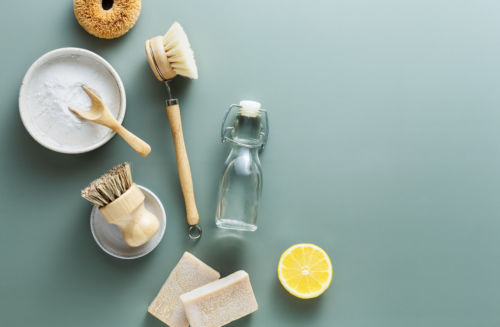
Prevention is often easier and more cost-effective than dealing with clogs after they occur, so take steps to protect your plumbing system and enjoy hassle-free drains in your home.
- Use Drain Screens: Place drain screens or covers over your sink and shower drains to catch hair and debris before they go down the drain.
- Minimize Soap Usage: Use soap products that are labeled "low residue" or "soap scum-free" to reduce soap buildup in your pipes.
- Dispose of Food Properly: Scrape food scraps into the trash or compost bin rather than rinsing them down the sink.
- Collect Grease and Oils: Store used cooking oils and grease in containers and dispose of them in the trash.
- Moderate Toilet Paper Use: Use toilet paper in moderation and avoid flushing non-biodegradable items.
- Keep Foreign Objects Away: Store small objects away from sinks and drains, especially in households with children.
- Install a Water Softener: If you have hard water, consider installing a water softener to reduce mineral buildup in your pipes.
- Use Natural Drain Cleaners: Instead of harsh chemical drain cleaners, opt for natural alternatives like a mixture of baking soda and vinegar to help keep your drains clear.
Benefits of Preventative Drain Maintenance
By having your plumbing system inspected regularly, especially if you have aging pipes or trees near your sewer lines, you can detect potential issues early on. This proactive approach not only prevents clogs but also helps in addressing underlying problems before they escalate into costly and disruptive plumbing emergencies.
For example, regular inspections will reveal any signs of wear and tear, corrosion, or tree root intrusions. They involve the removal of accumulated debris, sediment, and potential blockages that might not be apparent during a simple drain clearing.
By investing in these preventive measures, you not only save money on extensive repairs but also ensure a smoothly functioning plumbing system, reducing the inconvenience and stress associated with clogged drains.
Need reliable, same-day drain cleaning? Call Patrick Riley | Isley’s!
Our plumbing experts are the best in the business. In fact, we have hundreds of 5-star reviews from happy Phoenix homeowners to prove it! No matter what type of clog you have, we’ll get it cleaned right the first time– or we’ll be back to fix it on our own dime. Schedule your drain cleaning today and we’ll get your drains flowing freely in no time!
Get 10% off (Up to $150)
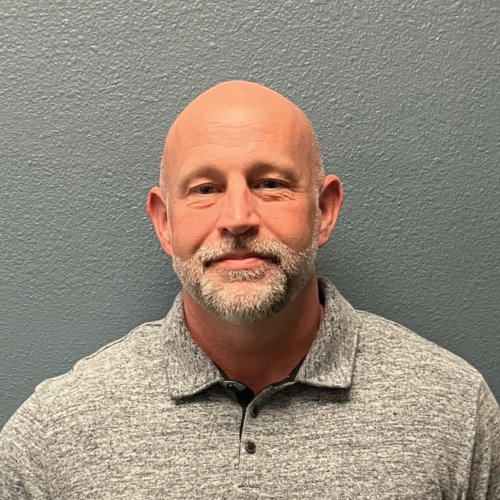
Ty Lindsay is the Director of Field Operations at Patrick Riley | Isley’s and a 15-year veteran of the plumbing and HVAC trades. In 2010, Ty earned his Journeyman’s plumbing license. He became a Master Plumber five years later and earned his Journeyman HVAC technician’s license that same year. Ty’s breadth of knowledge in plumbing and HVAC includes both residential and commercial work. He’s been a loyal member of the Patrick Riley | Isley’s team since 2016.
- Posted in:
